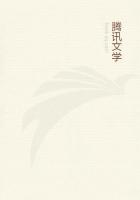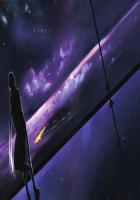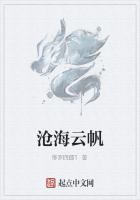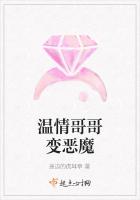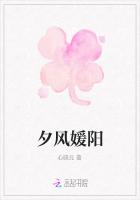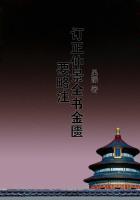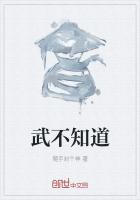All of us, as children, have amused ourselves with the game of "card friars." A number of cards, as many as possible, are bent lengthwise into a semi-cylinder. They are placed on a table, one behind the other, in a winding row, the spaces in which are suitably disposed. The performance pleases the eye by its curved lines and its regular arrangement. It possesses order, which is a condition of all animated matter. You give a little tap to the first card. It falls and overturns the second, which, in the same way, topsy-turvies the third; and so on, right to the end of the row. In less than no time, the capsizing wave spreads and the handsome edifice is shattered. Order is succeeded by disorder, Imight almost say, by death. What was needed thus to upset the procession of friars? A very, very slight first push, out of all proportion to the toppled mass.
Again, take a glass balloon containing a solution of alum supersaturated by heat. It is closed, during the process of boiling, with a cork and is then allowed to cool. The contents remain fluid and limpid for an indefinite period. Mobility is here represented by a faint semblance of life. Remove the cork and drop in a solid particle of alum, however infinitesimal. Suddenly, the liquid thickens into a solid lump and gives off heat. What has happened? This: crystallization has set in at the first contact of the particle of alum, the center of attraction; next, it has spread bit by bit, each solidified particle producing the solidification of those around. The impulse comes from an atom; the mass impelled is boundless. The very small has revolutionized the immense.
Of course, in the comparison between these two instances and the effects of my injections, the reader must see no more than a figure of speech, which, without explaining anything, tries to throw a glimmer of light upon it. The long procession of card friars is knocked down by the mere touch of the little finger to the first;the voluminous solution of alum suddenly turns solid under the influence of an invisible particle. In the same way, the victims of my operations succumb, thrown into convulsions by a tiny drop of insignificant size and harmless appearance.
Then what is there in that terrible liquid? First of all, there is water, inactive in itself and simply a vehicle of the active agent.
If a proof were needed of its innocuousness, here is one: I inject into the thigh of any one of the sacred beetle's six legs a drop of pure water larger than that of the fatal inoculations. As soon as he is released, he makes off and trots about as nimbly as usual.
He is quite firm on his legs. When put back to his pellet, he rolls it with the same zeal as before the experiment. My injection of water makes no difference to him.
What else is there in the mixture in my watch glasses? There is the disintegrated matter of the corpse, especially shreds of dried muscles. Do these substances yield certain soluble elements to water? Or are they simply reduced to a fine dust in the crushing?
I will not decide this question, nor is it really of importance.
The fact remains that the poison proceeds from those substances and from them alone. Animal matter, therefore, which has ceased to live is an agent of destruction within the organism. The dead cell kills the living cell; in the delicate statics of life, it is the grain of sand which, refusing its support, entails the collapse of the whole edifice.
In this connection, we may recall those dreadful dissecting room accidents. Through awkwardness, a student of anatomy pricks himself with his scalpel in the course of his work; or else, by inadvertence, he has an insignificant scratch on his hand. A cut which one would hardly notice, produced by the point of a pocket knife, a scratch of no account, from a thorn or otherwise, now becomes a mortal wound, if powerful antiseptics do not speedily remedy the ill. The scalpel is soiled by its contact with the flesh of the corpse; so are the hands. That is quite enough. The virus of corruption is introduced; and, if not treated in time, the wound proves fatal. The dead has killed the living. This also reminds us of the so-called carbuncle flies, the lancet of whose mouth parts, contaminated with the sanies of corpses, produces such terrible accidents.

